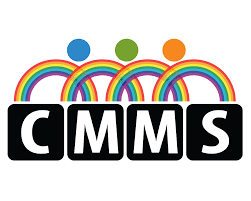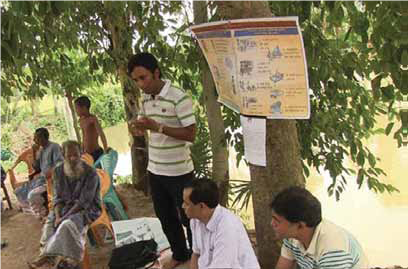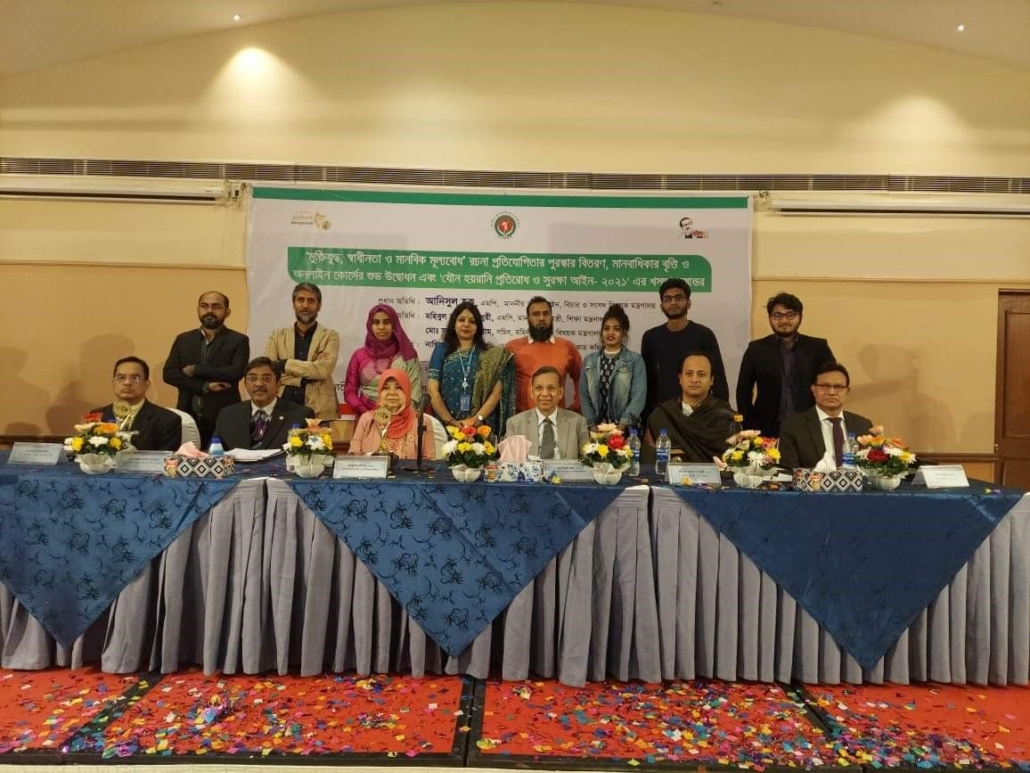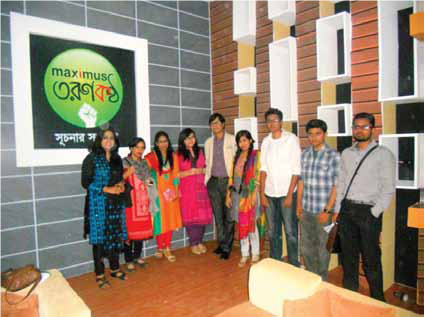BraveMen Campaign on COVID 19
COVID-19 has not only confined everyone within home but also has changed the way we interact with the world completely. Most importantly, the majority of our day-to-day tasks have moved online. For this reason, people who were not active online before the pandemic are forced to adapt and engage online with others for their daily endeavors. This has also given rise for the increase in online violence towards people of all age groups.
No doubt this pandemic has made life harder for people of all ages. Some of the people have been struggling to even ensure their basic necessities, as resources and opportunities are scarce. Sexual and reproductive health and rights was the field which saw a dire need of attention. This study and parallel discussion specified how the pandemic has influenced intimate partner violence and online violence, hampered accessing SRHR services and tried to find the scopes to work against it. As part of the project titled BraveMen Campaign on COVID-19, data was collected on status and forms of perpetration of online violence, intimate partner violence at the households and violation of the rights in accessing SRHR services during Covid-19 crisis, from all the eight divisions in Bangladesh.
The overall objective of the project was to initiate an online policy dialogue on the gendered impact of the COVID-19 pandemic concerning gender-based violence. At the core of the project, there was online research using a mixed-method approach in Bangladesh. The research was conducted in four key areas; first status of intimate partner violence at the households; second status and forms of perpetration of online violence; third, violation of the rights in accessing SRHR services during
Covid-19 crisis and fourth, mapping of the local and global best practices. The policy dialogues in the form of webinars were closely tied to experience sharing and generating a better understanding of how to prevent violence against girls, women, and SOGI (Sexual Orientation and Gender Identity) people during the pandemic like COVID-19 ensuring better SRHR services and awareness.
Research was conducted using the online social platform of Funtaseum (a Facebook-based feminist group with 40,000 active members), UNYSAB Facebook page (a volunteer youth organization with around 200,000 members), and BraveMen Campaign Facebook page (currently has 4,000 followers).
Online data collection (using both survey and interview methods) on intimate partner violence at the households, status and forms of perpetration of online violence and violation of the rights in accessing SRHR services during Covid-19 crisis ran for 6 months. Quantitative data was collected from 450 people (both male and female and between the age of 15 -60) in each of the phases. From these participants, using a purposive snowball sampling 10 people (an equal number of male and female) were interviewed over the telephone, Zoom and skype. 5 more participants from the marginalized group were interviewed over the phone who shared their experience during the lockdown. Along with the online survey and interview, content analysis was done to explore how girls, women, and LGBTQ+ people had become victims of online bullying, violence, and trouble getting SRHR service.
CMMS shared the insights and analysis of the data (mostly from webinars and desk reviews) through an online conference including all the participants of the webinars as well as some targeted policymakers. The analysis was also disseminated through social media as well as print and electronic media. Awareness raising posts and blog writing in online platforms were part of the campaign.
- On our 1st Facebook webinar on Accessing SRHR Services During Corona Pandemic, we were able to reach 5227 people where 1800 people were viewed our webinar and got 738 engagements from them.
- On our 2nd Facebook webinar on Online Violence During COVID-19, we were able to reach 7100 people where 2800 people viewed our webinar and got 763 engagements from them.
- On our 3rd Facebook webinar on Intimate Partner Violence During COVID-19, we were able to reach 3500 people where 1100 people viewed our webinar and got 480 engagements from them.
On our 4th Facebook webinar on The COVID-19 Pandemic has changed the lifestyle of people all over the world , we were able to reach 3100 people where 1100 people viewed our webinar and got 290 engagements from them.











